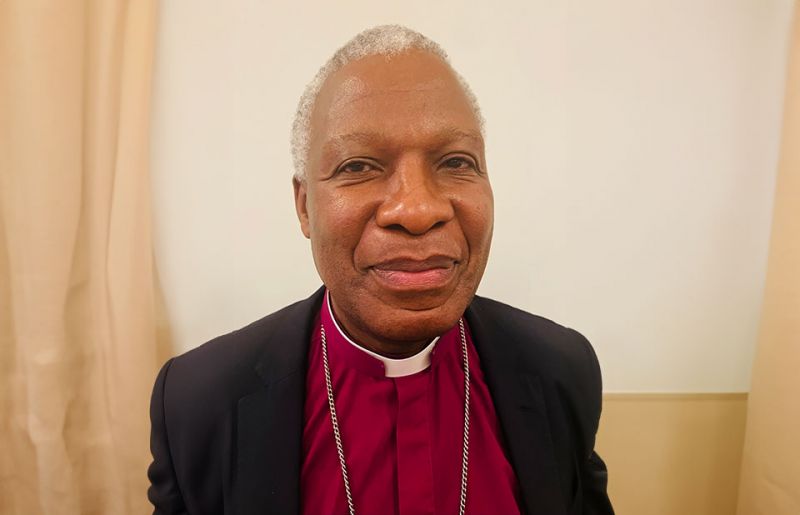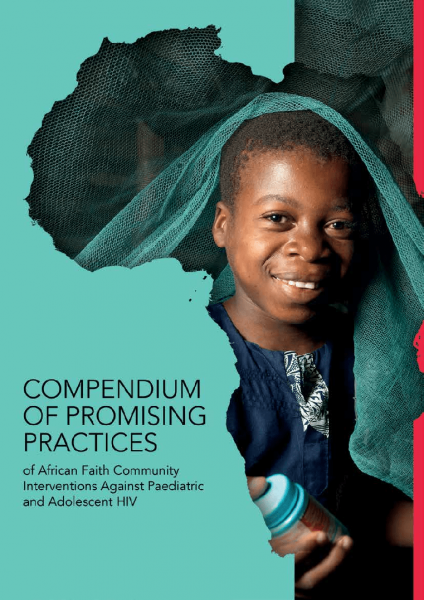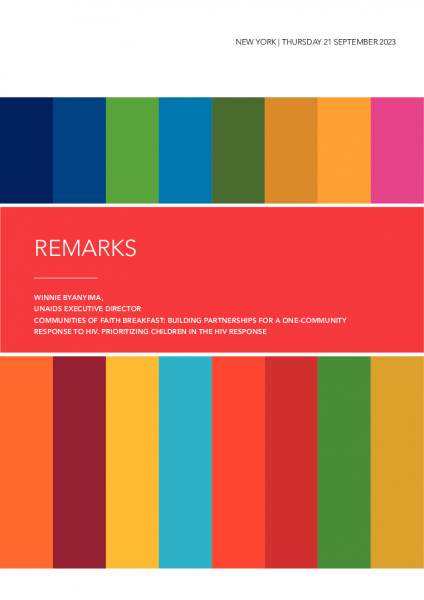Holy Disrupters: Interviews with Religious Leaders and advocates on HIV and Compassion
Professor Mohamed Karama, working with Islamic Relief on the HIV programme, Kenya
UNAIDS speaks to Professor Mohamed Karama about confronting stigma and his concerns for the future
How has the faith community engaged in the response to HIV?
I am a researcher with the Kenya Medical Research Institute and my background is from the Muslim community. Faith communities have become increasingly engaged, first with HIV then with COVID, and now the faith community are part and parcel of not only health but many other government programmes.
How big of a problem is HIV-related stigma among the Muslim community and how do you deal with that?
Stigma has been very high amongst Muslims because for many years there has been a misconception that HIV is one of the punishments for wrongdoing.
To address the challenges of stigma we have had to address it from the Islamic scriptures and from the teachings of faith. This is what we have been doing for the last few years, and although stigma still remains, we have been able to break down some of the barriers this way.
“For many years there has been a misconception that HIV is one of the punishments for wrongdoing”
We have been teaching how God prohibits judgement of others, we should never see ourselves as holier than others and we should support the sick. From the Islamic scriptures God says, “I was sick, you didn’t visit me, I was hungry, you didn’t feed me, I was undressed, you didn’t clothe me.” And the people reply, “but you are God how can we do that?”
God says “Your brother was sick, you never visited him, if you had visited him you would have found me there. Your brother was naked, if you had clothed him you would have found me there, your brother was hungry, if you had fed him you would have found me there.” Allah says have mercy on those who live with you on earth so that he the great can have mercy on you as well.
These teachings are very strong, they discourage stigmatization, they discourage looking negatively at the sick, any sickness, HIV included.
What’s the biggest challenge you are facing in Kenya at the moment?
Young people 15 to 24 are sexually very active and increasingly liberalized, unlike before where social containment was very heavy, now it’s no longer the case. So we have to reactivate our HIV prevention programmes and re-strategize how to deal with these new dynamics.
What concerns you about the future?
I want to start with PEPFAR (the United States President's Emergency Plan for AIDS Relief), I’m an epidemiologist and I think that if we slack a little we are likely to lose the momentum, and losing the momentum might be too expensive to rebuild—too expensive to rebuild the motion and to sustain the momentum. The progress we have made in the last 40 years cannot be lost, so much has been achieved to date we mustn’t lose it.
“Losing the momentum might be too expensive to rebuild”
(concerning the reauthorization of PEPFAR)
What can the United Nations do better?
The United Nations also needs to work more closely together as partners with the faith-based community, the technical experts and the researchers. That way not only can we address HIV, but we can also address other pandemics that are likely to come in the future.





